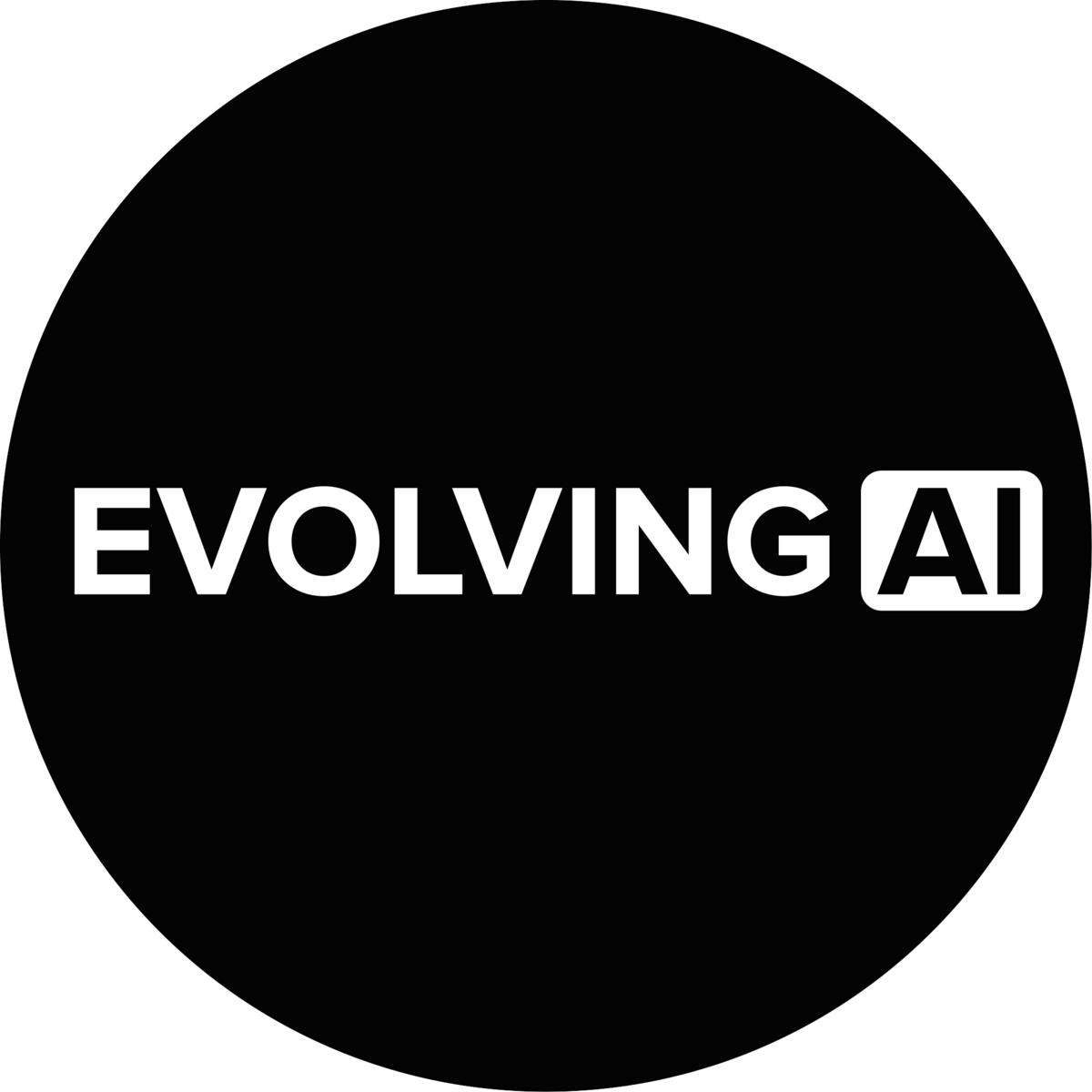
Welcome, AI enthusiasts
A new study by MIT researchers finds that relying on generative AI tools like ChatGPT during early stages of writing can weaken neural activity, memory, and originality, raising important questions about how students use AI in education. Let’s dive in!
In today’s insights:
ChatGPT may weaken brain activity, MIT study finds
OpenAI signs $200M defense contract
OpenAI and Microsoft reach boiling point
Read time: 4 minutes
LATEST DEVELOPMENTS
AI IN RESEARCH
🧠 ChatGPT may weaken brain activity, MIT study finds
Evolving AI: A new MIT study says ChatGPT could harm brain development when used for schoolwork, especially in younger users.
Key Points:
Researchers tested 54 students writing essays with ChatGPT, Google, or no tools.
ChatGPT users showed the lowest brain activity and effort over time.
Essays were described as soulless and lacking original thought.
Details:
MIT researchers asked participants to write essays using ChatGPT, Google, or just their own brain. EEG scans showed ChatGPT users had the least brain engagement. Their essays were repetitive and often copy-pasted by the end. The brain-only group showed the most creativity and memory use. Google users also performed well and felt more involved. When asked to revise their work without AI, ChatGPT users couldn’t recall what they wrote. The others improved when AI was added after writing first on their own.
Why It Matters:
The scary part is most people had no idea their thinking was even affected. It all feels smooth and helpful, but your brain checks out without you noticing. And yeah, that might be fine once or twice, but if you keep doing it, your ability to think and remember starts to fade. Maybe it's not about avoiding AI, but about when you use it. Think first, then get help if you need it.
OPENAI
🛡️ OpenAI signs $200M defense contract
Evolving AI: OpenAI will build custom AI tools for the Pentagon under a new $200 million agreement.
Key Points:
Contract includes AI for admin, data handling, and cyber defense.
Work runs through July 2026, based in Washington, DC.
All use must follow OpenAI’s safety policies.
Details:
The US Department of Defense awarded OpenAI a $200 million contract to develop AI tools for national security. The project will focus on improving administrative operations, streamlining data workflows, and building proactive cyber defense systems. OpenAI says the deal is part of a new initiative to support federal, state, and local governments with tailored AI models. The company emphasized that all applications must comply with its policies, which ban uses that involve weapons or direct harm. This follows OpenAI’s earlier defense collaboration with Anduril and comes as other AI firms like Anthropic, Meta, and Google expand their own military partnerships.
Why It Matters:
So here’s the thing. OpenAI was created to make sure AI benefits everyone, and part of that meant avoiding military use entirely. That used to be written into their rules. But now they’re building tools for the Pentagon. They say it’s for admin and defense support, not weapons, but still. It’s a big shift, and it makes people wonder if their mission is changing or if this is just what happens when a company grows and takes on more power.
OPENAI & MICROSOFT
🧠 OpenAI and Microsoft reach boiling point
Evolving AI: OpenAI and Microsoft built the most powerful AI tools together. Now they’re clashing over money, control, and the future of AGI.
Key Points:
OpenAI may file an antitrust complaint against Microsoft.
Talks over restructuring have stalled over ownership and profit splits.
OpenAI is now using Google Cloud to reduce dependence on Microsoft.
Details:
OpenAI and Microsoft are no longer fully aligned. OpenAI is considering legal action over Microsoft’s contract terms and has delayed its restructuring plans because Microsoft wants a bigger stake. At the same time, OpenAI has started using Google Cloud, signaling a shift away from relying solely on Microsoft. The two are now competing directly, from enterprise tools to AI models.
Why It Matters:
So, this all started with OpenAI trying to build safe AI for the world. Microsoft backed them with money and infrastructure, and for a while, it really worked. They built ChatGPT, Copilot, all of it. People even joked it was the best bromance in tech. But now? It's getting messy. OpenAI wants more freedom, Microsoft wants more return, and trust is clearly fading. Could be the beginning of the end.
QUICK HITS
🧑🏭 AI will shrink Amazon’s workforce in the coming years, CEO Jassy says.
🗞️ Poll finds public turning to AI bots for news updates.
🏛️ Introducing OpenAI for Government.
📊 Google launches production-ready Gemini 2.5 AI models to challenge OpenAI’s enterprise dominance.
🎓 Revealed: Thousands of UK university students caught cheating using AI.
🎬 For some in the industry, AI filmmaking is already becoming mainstream.
📱 TikTok will let brands generate AI influencer content that mimics what human creators might share.
📈 Trending AI Tools
🔍 Perplexity AI – AI-powered search engine with citations and mobile assistant (link)
🧠 Dia Browser – Browser with AI helper for reading, summarizing, drafting, and organizing (link)
🔊 ElevenLabs – Lifelike text-to-speech, multilingual, emotional voice cloning (link)
📱 Adobe Firefly Mobile App – Phone-based AI image/video generation synced to Creative Cloud (link)





